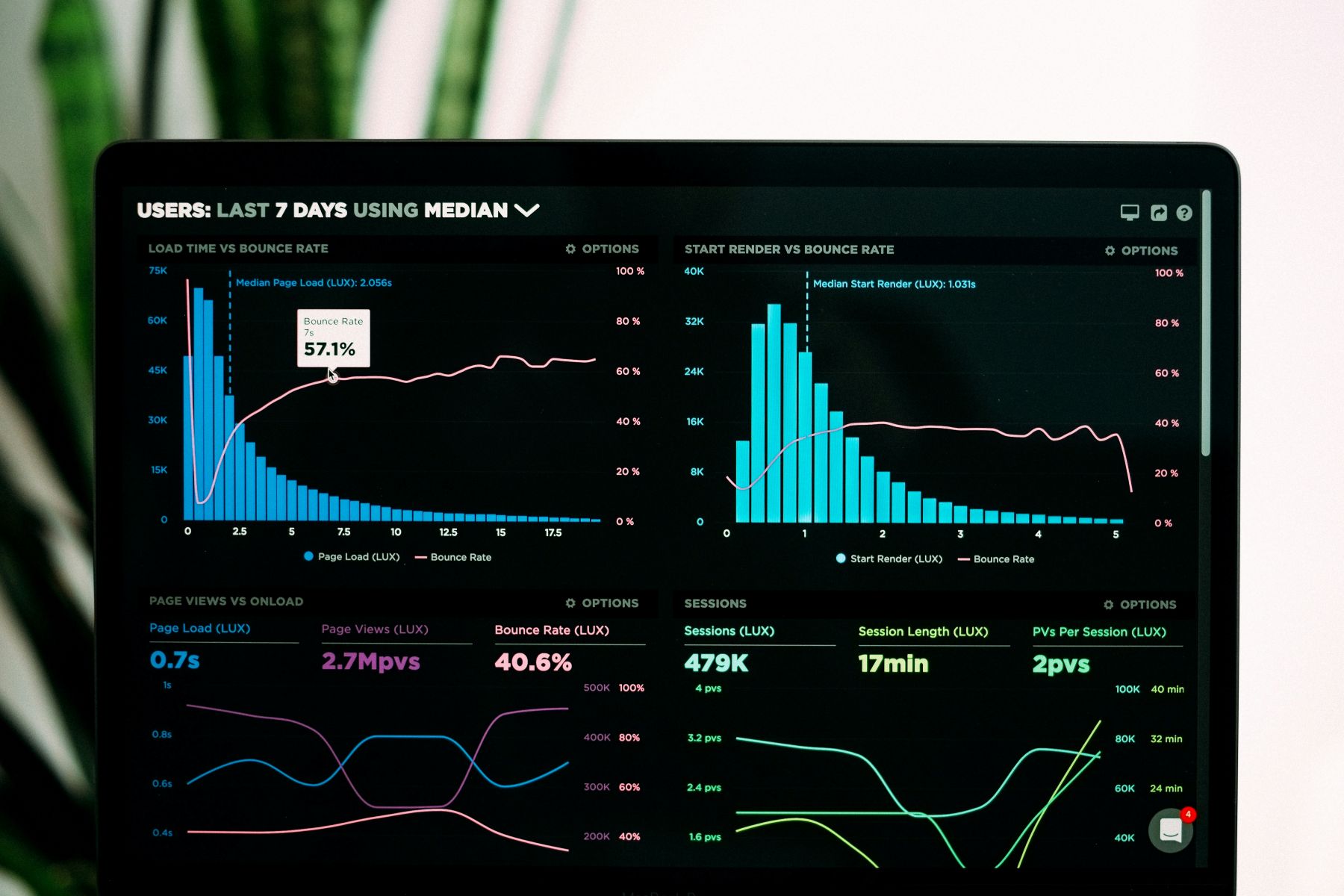The Problem with Google Analytics
For years, Google Analytics has been the default formarketers and developers. It’s free, feature-rich, and one-click integrationwith the rest of Google’s tools. But its reliance on cookies, useridentifiers, and U.S. data transfers has made it legally risky in many parts ofthe world.
Legal Restrictions
In Austria, France, Italy, Denmark, Finland, Norway andSweden have ruled that Google Analytics violates GDPR and declaredit illegal. Sweden have even issued the first significant fine of €1 millionfor using Google Analytics. Tele2 was penalized in July 2023 for using GoogleAnalytics without sufficient additional measures to protect user data. Anothercompany, CDON, was also fined €25,000 for the same reason.
The UX Cost
Even if you’re not in the EU, those mandatory cookie bannersare conversion killers. They:
- Slow - down first impressions.
- Break experience - flow.
- Add weight - and distrust to your design.
- Force - you to rely on users clicking “accept” just to collect basic stats.
If you want clean analytics, faster loading, and better engagement - there are better ways.
Alternative Way: Analytics Without Cookies
Modern privacy-first tools give you accurate trackingwhile respecting visitors. They don’t use cookies, don’t store personal data,and don’t require consent banners - meaning you stay GDPR-compliantwhile keeping experience smooth.
1. Matomo Analytics - Deep Data Without Cookies
Matomo (formerly Piwik) is the enterprise heavychampion of privacy-focused analytics. It’s open source, offers anenterprise-level feature set, and can be configured for full tracking withoutcookies.
Why It’s Powerful?
- Advanced insights: conversion funnels, event tracking, goals, heatmaps, and A/B testing.
- Data ownership: you can self-host it, keeping everything on your own server or cloud.
- GDPR compliance: when using cookieless mode and IP anonymization, no banner is needed.
- Transparency: no hidden third-party tracking or external data sharing.
Matomo gives you the best of both sides - the depth of as in Google Analytics and the ethical foundation of a cookie-free system.
If you want professional-grade analytics that won’t costconversions or trigger legal issues at enterprise level, this is your topchoice.
2. Plausible Analytics — Fast, Lightweight, and GDPR-Compliant
Plausible Analytics has exploded in popularity amongdevelopers, bloggers, and startups for one reason: it’s simple andprivacy-respecting by architecture.
Unlike traditional tracking tools, Plausible doesn’tuse cookies or personal identifiers. It focuses purely on anonymous, aggregatedmetrics - providing you the essentials without stepping on user privacy.
Why It’s Ideal for Modern Sites
- Cookie-free: no consent banner needed, ever.
- GDPR-friendly: data hosted in the EU, anonymized by default.
- Super-fast: script is under 1 KB - faster load times than any image you have ever uploaded.
- Actionable: supports goals, referrer tracking, and campaign UTM tags.
Plausible is perfect for anyone who values straight forwardsolution, suitable for small business and modern start uos. It’s aplug-and-play replacement for Google Analytics focused on improving UserExperience.
3. Fathom Analytics — Simple, Ethical, and Beautiful
If you want privacy without losing depth of anaytics, FathomAnalytics is your go-to option. It’s privacy-first, cookie-free, andcompliant with GDPR, CCPA, and PECR right out of the gates.
Why People Love It
- No cookie banner: consent-free analytics.
- One-line install: drop the script and you’re done.
- Real-time data: see traffic and conversions instantly.
- Global compliance: data routed through EU servers first.
Fathom focuses on clarity - it tells you what matters:visits, referrers, conversions, top pages. No bloat, no dark patterns, nocreepy tracking.
It’s the cleanest way to monitor performance withoutcompromising on ethics or UX.
How Cookie-Free Analytics Boosts Conversions?
Going cookie-free isn’t just a legal, competitive advantage.Here’s why:
- No barriers: Visitors reach your content instantly — no banners, no friction.
- Higher trust: Users stay longer on sites that are clean and lightwheight.
- Faster load times: Lightweight scripts improve SEO and retention.
- Accurate data: No more distorted stats from people rejecting cookies.
In short, dropping cookies can increase yourconversion rate by creating a smoother experience.
Practical Steps to Go Cookie-Free and Stay Legal
Switching is simple. Follow these steps to stay compliantwhile still collecting useful analytics:
- Choose a privacy-first tool – article’s recommendations are Matomo, Plausible, or Fathom.
- Disable all cookies and identifiers in your setup.
- Update your privacy policy to explain your anonymous tracking.
- Host your analytics in the EU or use an EU-based provider.
- Avoid ad and re-marketing scripts that reintroduce tracking cookies.
You’ll be fully transparent, fully compliant, andcookie-free – goodbye cookie banners.
Why Ethical Analytics Is the Future?
As audience getting more educated, user expectations haveshifted. People are tired of annoying popups and endless data collection.
By adopting GDPR-friendly, cookie-free tracking, youcan show your visitors that you respect their attention and their data. Thatbuilds trust, boosts engagement, and ultimately drives better results thantraditional analytics ever could.
Cookies once defined the web; now, they’re outdated. Even asmall shift in the conversion rate can make or break your profitability.
Final Thoughts
Each alternative just like Google Analytics have its own advantagesand disadvantages. Here is the recap to see how each of them differ:
Matomo gives you deep control and enterprise-levelinsights.
Plausible delivers simplicity, speed, and EU compliance.
Fathom strikes a balance between beautiful design and ethical data.



